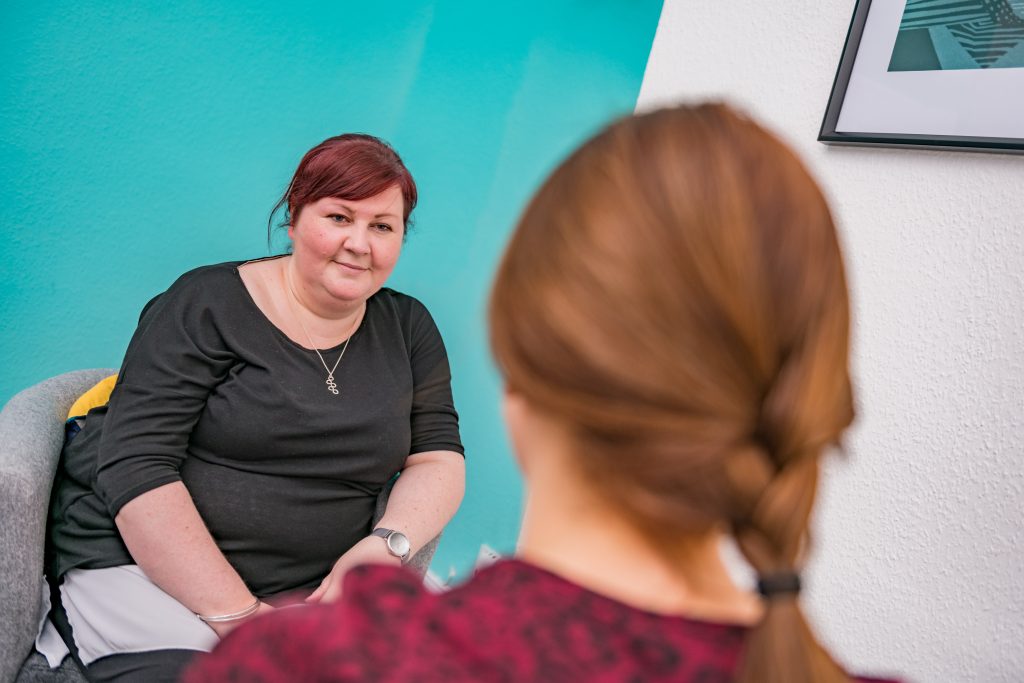Cognitive Behavioural Therapy (CBT)


Cognitive behavioural therapy (CBT) is a talking-based therapy, recommended to help sufferers of anxiety, depression, and other mental and physical health issues. The aim being to enable you to manage negative feelings, thoughts and behaviour.
Designed not to remove the problems entirely, the treament encourages a healthier way of thinking. Talking things through and in a certain way, can help to break down overwhelming thoughts into smaller, more manageable chunks.
Video courtesy of British Association for Behavioural and Cognitive and Psychotherapies (BABCP)
CBT is based on the concept that your thoughts, feelings, actions and physical sensations are all intrinsically linked.
Consider this example:
Cognitive Behavioural Therapy (CBT) is intended to break people out of this vicious cycle of negativity. Quickly progressing, the cycle can become overwhelming and all consuming, taking over your body, mind and time. CBT has been shown to be effective for a wide range of problems. Recommended by the National Institute for Health and Care Excellence (NICE), CBT can be used for the treatment of:
CBT is a focused and collaborative therapy individualised to your specific needs, so it’s a team effort. Together with a therapist, focusing on specific elements will help you to work through what you need to.
You will be helped to identify goals or problems that you would like to address in therapy. Then you can start to work out what has been maintaining your difficulties, making sense of how thoughts, feelings, physical sensations and behaviours are connected. Although CBT is focused on the here and now, there will be occasions where it is important to consider your previous experiences and how they relate and possibly maintain your current difficulties.


The aim is to enable you to develop the insight and skills to improve not only the current problem, but also to incorporate these skills in order to improve other aspects of life. It is a collaborative approach with you and your therapist working alongside each other to enable you to reach your goals and ultimately become your own therapist.
Engaging in therapy means that you are investing time, money and energy in the process and you want to get the best possible outcome. Those that find the biggest successes in therapy are those that really commit to the process and are prepared to work on themselves not only in the therapy room but also in everyday life. In real life is where you will face the biggest challenges; this means it will be helpful to practice or test out new ideas in-between sessions, when you’re not in the therapy room.

© 2023 Victoria Therapy Centre. All rights reserved.